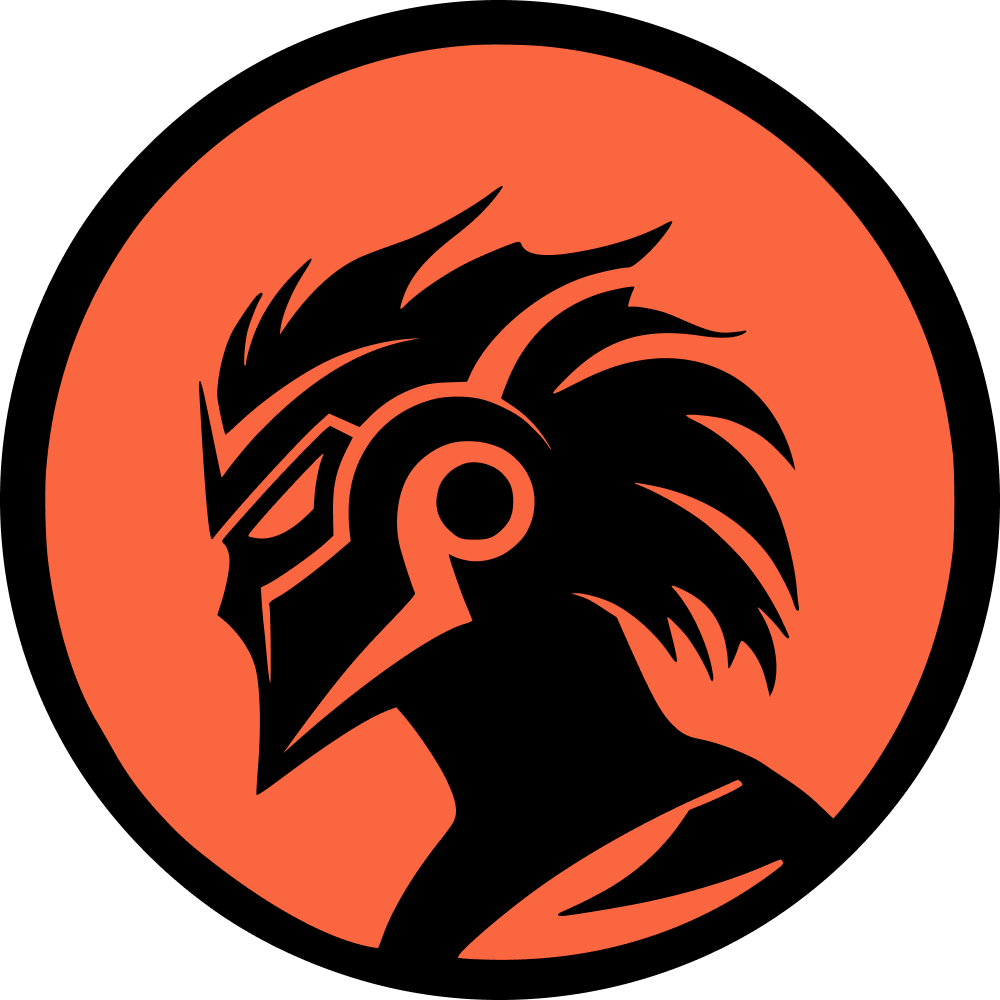Team Spirit's CEO, Nikita 'Cheshir' Chukalin, responded to questions from followers on his Telegram channel.
He mentioned that it was too early to say whether Mira and Yatoro would return to the team. He added that, for the moment, while Airat [Silent] was resting, the team was playing without a coach, though they might soon find a temporary replacement.
Regarding the possibility of creating an academy for Dota 2, Cheshir explained that the traditional academy format did not make sense for Dota, as knowledge in the game loses relevance within six months to a year, making it impossible to train players similarly to traditional sports or CS2.
When asked about the challenges of leading such a large organisation, he acknowledged the difficulty, noting the many variables and high dependence on the human factor. One of the main challenges, he said, was to minimise the impact of these variables.
In response to how he entered esports and advice for others looking to do so, he shared that he started as a newsmaker on dotavideo.ru, being in the right place at the right time and seizing the opportunity. For those wanting to work in esports, he advised defining what kind of specialist they want to become and focusing on the tasks relevant to that area.
Discussing what differentiates Team Spirit’s management from other teams, Cheshir suggested that, in a competitive environment, organisations tend to adopt similar approaches and tools, making any differences quickly fade. However, he believed that, at one point, Team Spirit managed to stay ahead by integrating solutions from larger industries, and he hoped they would continue to do so in the future.
Addressing whether the team had worked with a psychologist before major tournaments, he revealed that they only involve a psychologist when necessary, and during the described period, it had not been required.
When asked about ATF and SoNNeikO, Cheshir noted the lack of regulation in esports as a key issue, contrasting it with other sectors where laws exist to prevent conflicts, regardless of strength or weakness. In esports, he explained, such regulations are absent, leading to situations where there are no clear answers.
On the process of finalising the team roster, Cheshir said decisions are based on a combination of collective opinions on potential players and observations from tryouts. These tryouts could range from 8 to 40 scrims, depending on the circumstances. The longlist for a position typically starts with 5-8 names, with 2-3 making it to the shortlist and participating in tryouts.
He also mentioned that recruiting players like Ame or XinQ during the transfer window was deemed impractical, primarily due to language barriers and other reasons.
When asked which roster in the team's history had earned the least money, Cheshir remarked that there had been several line-ups where the financial outcome was zero.
Regarding Team Spirit's financial status, Cheshir explained that esports is not about regular profits, as all earnings are reinvested into improving conditions, new projects, rosters, and production. Nevertheless, the organisation had maintained positive economics over the past three years.
Finally, when asked about the sales of Team Spirit bundles from TI13's Compendium, Cheshir stated that the "Old God" bundle had set a record in sales by a significant margin.
Cheshir had previously commented on the announcement of the updated Dota 2 roster.

